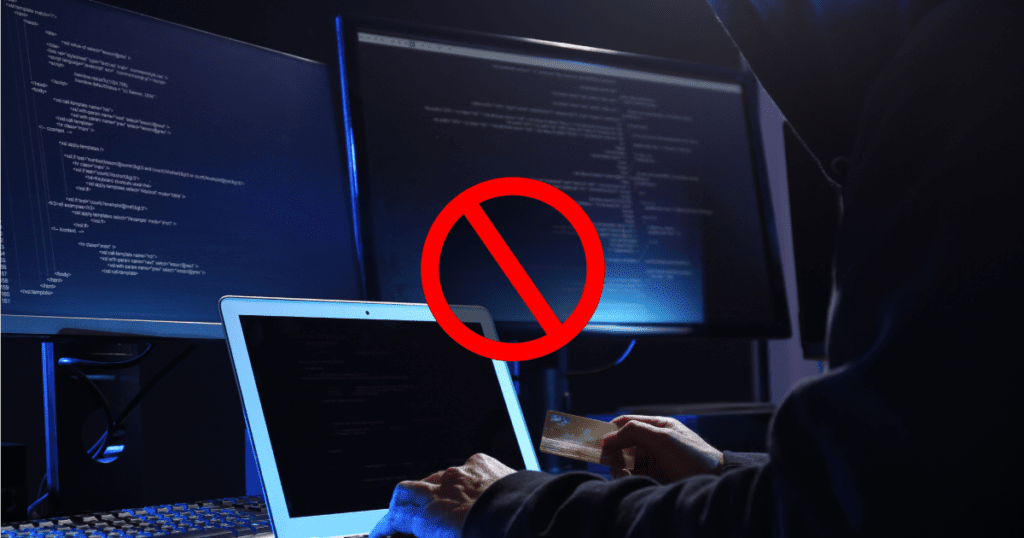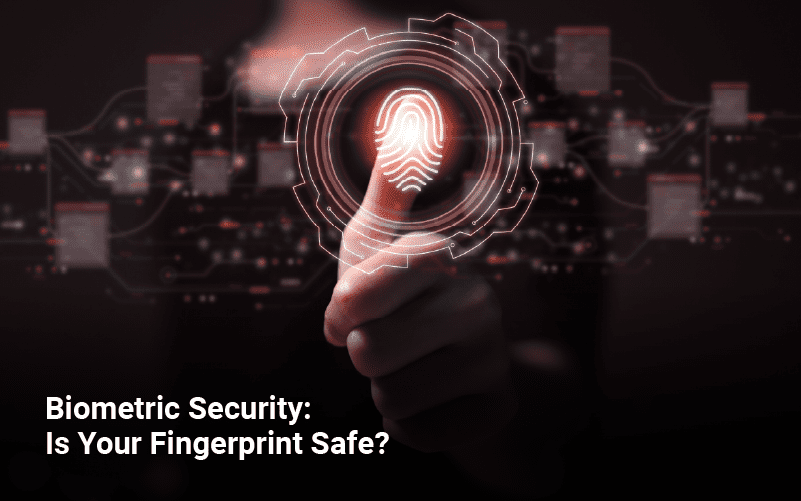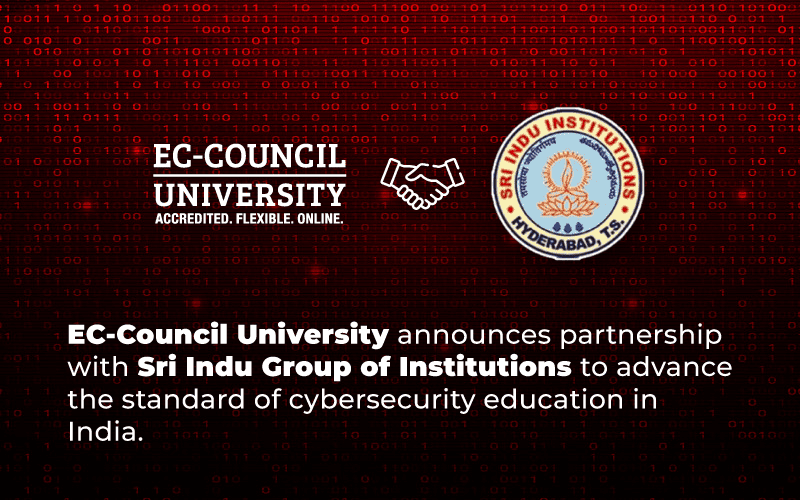Businesses are rapidly moving their operations and processes online: Over 90% of companies have adopted a digital-first approach or plan to do so, according to a recent study (IDG, 2021). In our personal lives, many of us are also constantly connected to technologies like fingerprint sensors on smartphones and laptops, virtual assistants like Amazon Alexa and Google Assistant, and Internet of Things (IoT) devices like smart lighting systems.
As the world digitizes, however, it’s important to remember that these innovations also provide more opportunities for cybercriminals, as all of these devices can be hacked. According to the Identity Theft Resource Center (2022), 2021 was a record-breaking year for data breaches, with the annual number of data compromises increasing by 23% over the previous peak.
The world needs skilled cybersecurity professionals to stop malicious hacking, which plays a role in 45% of data breaches (Verizon, 2020). But the demand for cybersecurity experts currently far exceeds the supply, with 465,000 cybersecurity job vacancies last year in the United States alone (Brooks, 2021). To fill this gap, we need a cybersecurity workforce with the skills and training to stop hackers.
Ethical and Unethical Hacking
To a layperson, the term “hacker” refers to any computer expert who uses their technical skills to gain access to computer systems, networks, applications, databases, and the like without the system owner’s permission. However, not all hackers are the same. Based on their motivations, hackers are often described as unethical (also known as “black hat”) or ethical (also known as “white hat”).
Unethical Hackers
Unethical hackers break into computer systems for personal benefit or with otherwise malicious intent. An unethical hacker might, for example, gain access to an organization or individual’s computer system in order to steal data, destroy files, or engage in cyber espionage (Kaspersky, n.d.). Malicious hackers often break the law and harm systems and data in the process of breaching their target (ScienceDirect, n.d.).
Ethical Hackers
Ethical hacking refers to lawfully breaking into a network or system to identify potential threats, loopholes, or vulnerabilities (Synopsys, n.d.). Ethical hackers work with businesses, government agencies, and other organizations to combat cyberthreats, such as attacks by malicious hackers (EC-Council, 2021). The sole motive for ethical hacking is to improve the security of the client’s system or network by reporting and addressing the discovered vulnerabilities.
How Can You Become an Ethical Hacker?
To understand how to stop hackers, you need to think like one. You can gain the skills you need to start a career as an ethical hacker through online ethical hacking courses like those offered at EC-Council University (ECCU) and in EC-Council’s Certified Ethical Hacker (C|EH) certification program.
Get a Cybersecurity Degree at EC-Council University
The Bachelor of Science in Cybersecurity and Master of Science in Cybersecurity degree programs at ECCU teach you how to get into the hacker mindset. As a student at ECCU, you’ll learn key concepts in ethical hacking, penetration testing, and other areas of cybersecurity, like security management, incident response, and threat assessment.
In addition to the technical information that you learn through the asynchronous online classes, you’ll also get to apply what you’ve learned on iLabs, EC-Council’s live ethical hacking cyber range. You’ll have access to a private and customizable virtual environment where you can put theoretical concepts into practice.
Become a Certified Ethical Hacker (C|EH)
Obtaining reputable industry certifications is another excellent way to advance your cybersecurity career. If you’re interested in becoming an ethical hacker, consider enrolling in EC-Council’s C|EH certification program. In the C|EH course, you’ll learn how to lawfully hack an organization’s systems using the latest hacking tools, techniques, and methodologies.
At ECCU, our degree programs are designed to teach you the information you need to obtain the C|EH and other industry-recognized credentials. The knowledge assessed on these certification exams is integrated into the bachelor’s and master’s curricula at ECCU, so you’ll graduate with not only an accredited cybersecurity degree but also the necessary preparation to acquire a variety of highly respected certifications.
Hackers are getting more sophisticated—so should you. Take the plunge and start your application for a cybersecurity degree at ECCU today!
Found this article interesting? Follow EC-Council University on Facebook, Twitter, Instagram and LinkedIn to read more exclusive content.
References
Brooks, K. J. (2021, May 21). U.S. has almost 500,000 job openings in cybersecurity. CBS News.
EC-Council. (2021). What is ethical hacking?
Identity Theft Resource Center. (2022). Identity Theft Resource Center’s 2021 annual data breach report sets new record for number of compromises [Press release].
IDG. (2021). 2021 digital business executive summary.
Kaspersky. (n.d.). Black hat, white hat, and gray hat hackers – definition and explanation.
ScienceDirect. (n.d.). Malicious hacker. Retrieved February 7, 2022.
Synopsys. (n.d.). Ethical hacking.
Verizon. (2020). 2020 data breach investigations report.








